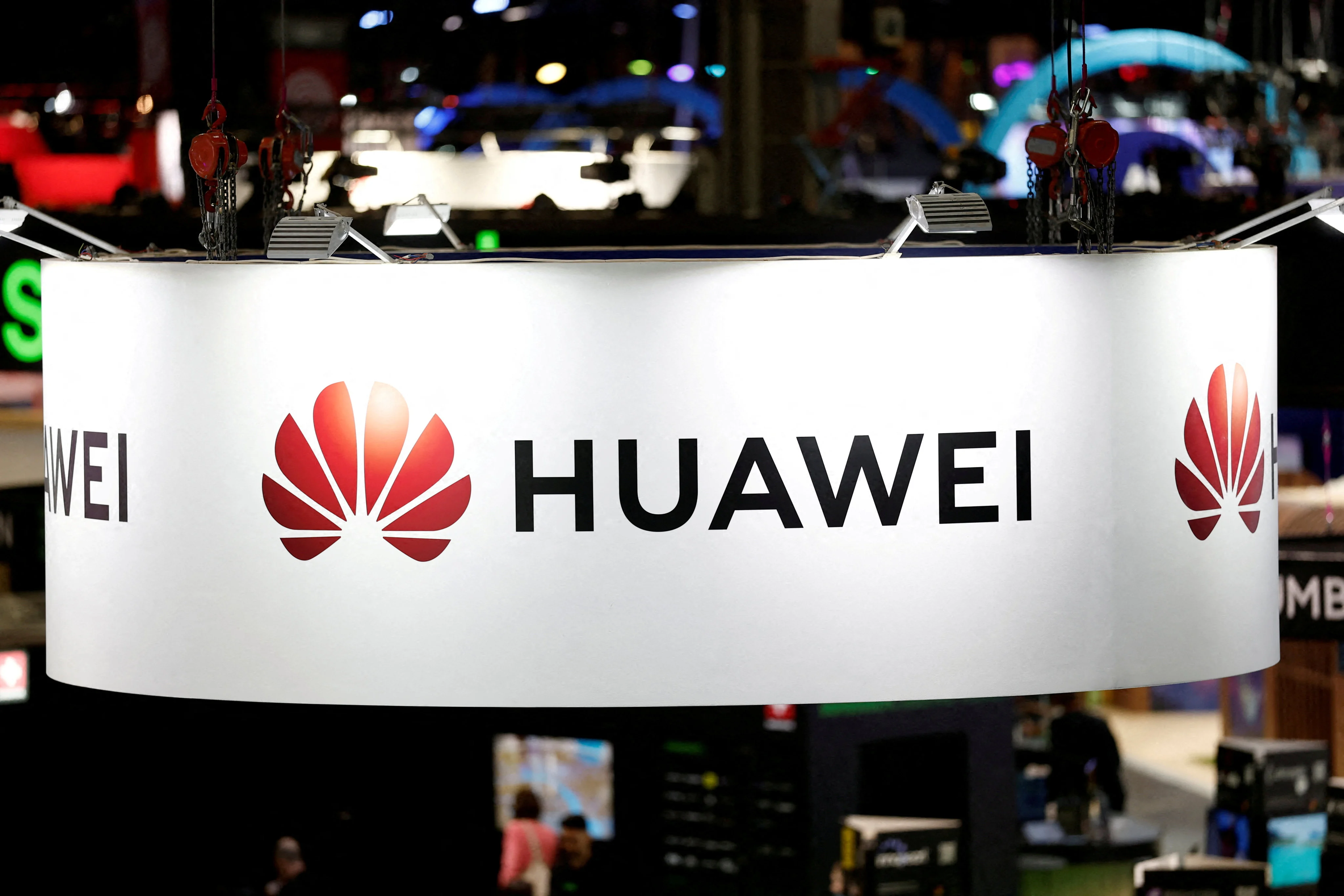By Ann Cao
Copyright scmp

Huawei Technologies has expressed optimism over the development of artificial general intelligence (AGI) over the next decade, while anticipating that global computing capacity will increase a staggering 100,000-fold by 2035.
“AGI will be the largest driver of transformation,” the Shenzhen-based company said in a forecast report published on Tuesday. “Integrating artificial intelligence with the physical world is essential to achieving AGI, which could lead to a technological singularity.”
The technological singularity is a hypothetical point in the future when technological growth becomes uncontrollable and irreversible, leading to unforeseeable changes in human civilisation. This concept has gained traction amid fears that AI may one day surpass human intelligence.
As AI continues to advance rapidly, AGI has emerged as the holy grail for developers. AGI refers to a type of AI capable of generalising knowledge and skills to perform a wide range of tasks at a level comparable to that of a human being. This contrasts with narrow AI, which is designed for specific tasks.
Huawei said its projected 100,000-fold increase in global computing power would reshape the entire computing landscape and foster groundbreaking advancements in four key areas: semiconductor materials and devices, processing techniques, computing architectures and computing paradigms.
Huawei’s predictions align with rival Alibaba Group Holding’s commitment to AGI. The e-commerce giant is investing heavily in AI and actively pursuing AGI amid excitement surrounding the technology. Alibaba owns the South China Morning Post.
Alibaba said earlier this year that its primary focus was AGI, defined by CEO Eddie Wu Yongming as the point at which AI can achieve 80 per cent of human capabilities. Wu anticipated that AGI would significantly reshape industries worldwide, potentially contributing to half of the global gross domestic product.
That outlook underpins Alibaba’s aggressive AI investment strategy unveiled in February, which included plans to allocate about US$52 billion for enhancing computing resources and AI infrastructure over the next three years.
Meanwhile, Huawei – added to a US trade blacklist in 2019, which prevents it from buying hardware and software from American suppliers – has been rapidly catching up with US competitors in AI computing capabilities.
Ren Zhengfei, the founder and CEO of Huawei, said in June that the company’s Ascend chips still lagged behind their US counterparts “by a generation”, but stressed that state-of-the-art performance could be achieved through alternative methods like stacking and clustering.
Huawei said in the report that it expected AI agents – software capable of autonomously performing tasks on behalf of users or other systems – to become increasingly prevalent over the next 10 years, transforming from “simple execution tools into decision-making partners” that would “drive revolutionary changes across industries”.
Mobile apps would evolve from isolated functional units into “service nodes”, enabling AI agents to access other services based on simple user commands, according to Huawei.
The company also predicted that by 2035, 9 billion people would be connected to 900 billion AI agents, facilitating the evolution of the mobile internet into an “agentic internet”.



